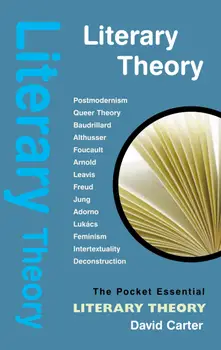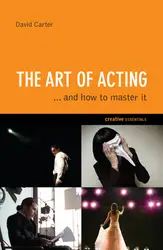It sounds daunting: all those '-isms', long technical words, weird French thinkers and incomprehensible Germans. You can't read a book nowadays, it seems, without being required to refer to them. From university students to the average intelligent reader, everyone is expected to justify their 'theoretical perspective'. The problem is that defining what you mean by 'theory', let alone what you mean by 'literary', causes most people, including the theorists themselves, to mumble incoherently and shuffle their feet. And it is not as though there were just one coherent body of theory to master: there are Formalist, Structuralist, Marxist and Psychoanalytical theories; Poststructuralist, Postcolonialist, and Postmodernist theories; not to mention Feminist and Queer Theories, and even Anti-Theories!
Most books providing introductions to Literary Theory are long-winded tomes, guiding dogged readers through the twists and turns of critical analysis and logic. This small volume goes to the heart of the key concepts of Literary Theory, explaining them in clear everyday language. It provides witty and memorable comments and quotations, and enables the student of literature to raise the most pertinent and challenging questions, which even university professors have difficulty answering.








